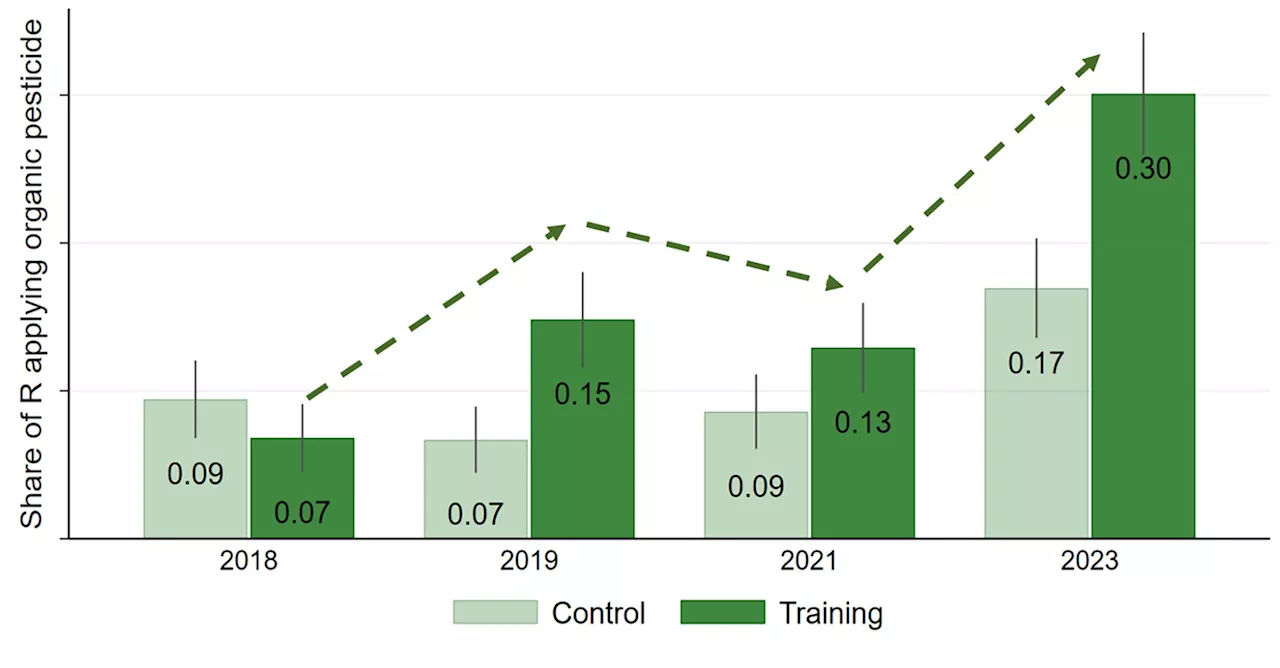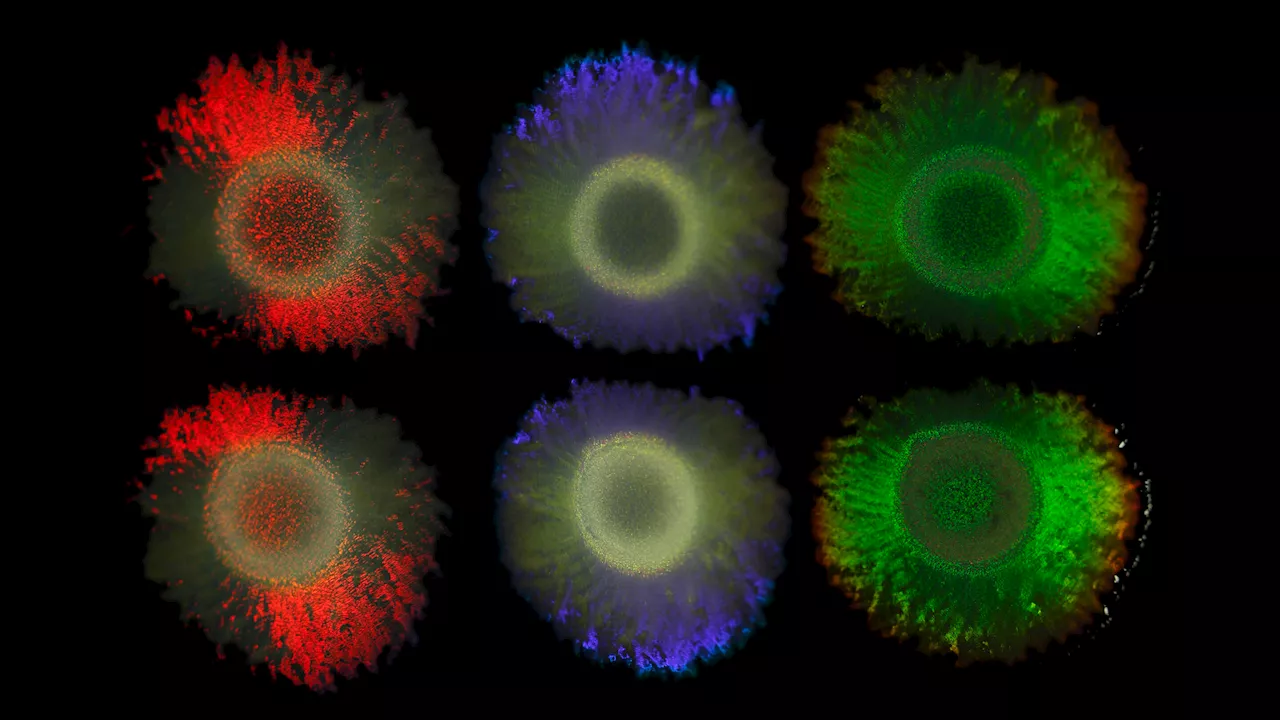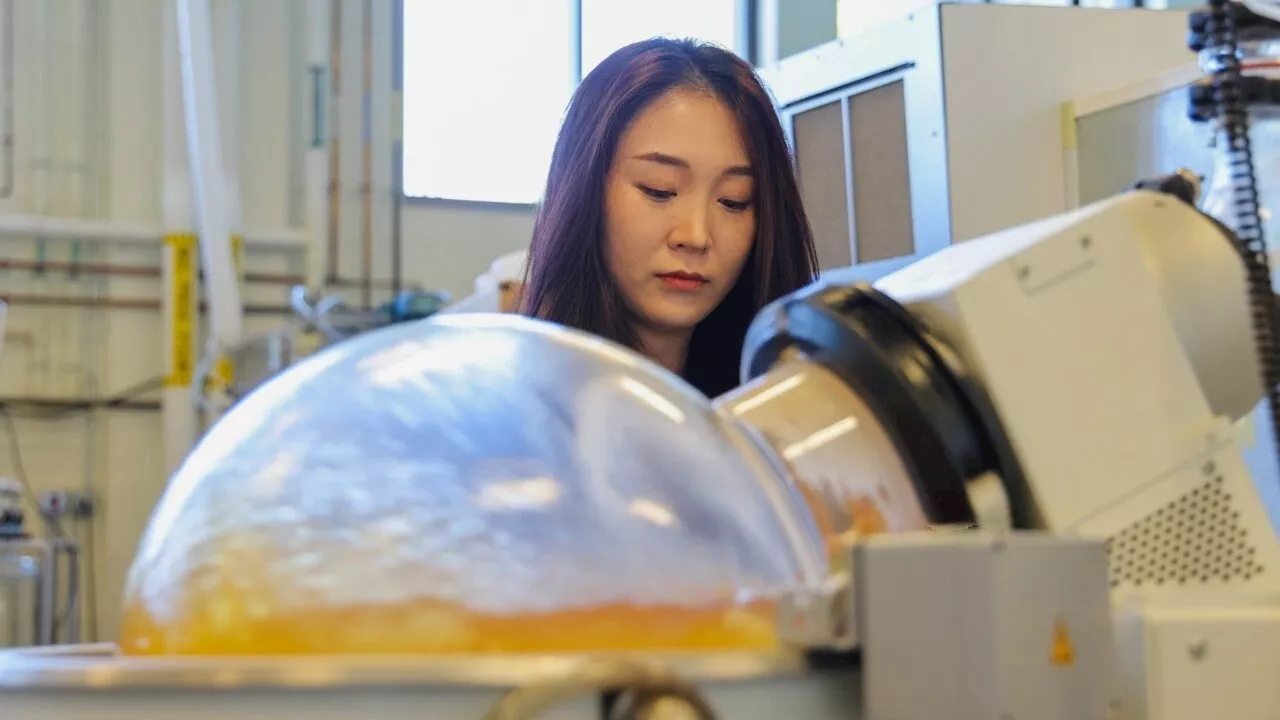Researchers investigated the environmental costs of AI, including energy consumption of AI systems in the medical field, carbon emissions of data centers, and electronic waste issues.
Specific solutions to mitigate these environmental impacts were discussed, including the development of energy-efficient AI models, the implementation of green computing, and the use of renewable energy.
Therefore, Associate Professor Daiju Ueda of Osaka Metropolitan University's Graduate School of Medicine, a member of the Japan Radiological Society, led a research team in the investigation of the environmental costs of AI. In this research review, head members of the Japan Radiological Society and medical field researchers discussed the energy consumption of AI systems in the medical field, carbon emissions of data centers, and electronic waste issues.
"AI has the potential to improve the quality of healthcare, but at the same time its environmental impact cannot be ignored. The best practices we have recommended are the first steps toward balancing these two factors," stated Professor Ueda."The challenge for the future will be to verify and further elaborate these recommendations in actual medical practice.
Medical Devices Medical Imaging Sustainability Environmental Issues Environmental Science Robotics Computational Biology Information Technology
United States Latest News, United States Headlines
Similar News:You can also read news stories similar to this one that we have collected from other news sources.
 Researchers identify sustainable farming practices in IndonesiaFor several years, a team of economists from the University of Passau has been investigating in Indonesia which measures are effective in ensuring that sustainable farming methods are used in the long term. They found that training, soil testing and awareness-raising are inexpensive and effective ways to support the process.
Researchers identify sustainable farming practices in IndonesiaFor several years, a team of economists from the University of Passau has been investigating in Indonesia which measures are effective in ensuring that sustainable farming methods are used in the long term. They found that training, soil testing and awareness-raising are inexpensive and effective ways to support the process.
Read more »
 Healthy bees, healthy planet: The impact of balanced diets on honeybee coloniesA new study from the Hebrew University of Jerusalem has revealed that a balanced diet is essential for the optimal health and task performance of honeybees, a key species for pollination and ecosystem stability. The study, led by Prof. Sharoni Shafir from the Robert H.
Healthy bees, healthy planet: The impact of balanced diets on honeybee coloniesA new study from the Hebrew University of Jerusalem has revealed that a balanced diet is essential for the optimal health and task performance of honeybees, a key species for pollination and ecosystem stability. The study, led by Prof. Sharoni Shafir from the Robert H.
Read more »
 Tooth Loss Could Point to Serious Heart IssuesA healthy mouth also means a healthy heart, a new review suggests.
Tooth Loss Could Point to Serious Heart IssuesA healthy mouth also means a healthy heart, a new review suggests.
Read more »
 Understanding the state of liberal societies: Researchers release open-access dataset to the publicLiberal societies are under pressure worldwide: internally eroded by right-wing populist electoral victories and growing economic inequality, externally challenged by the power play of autocratic governments.
Understanding the state of liberal societies: Researchers release open-access dataset to the publicLiberal societies are under pressure worldwide: internally eroded by right-wing populist electoral victories and growing economic inequality, externally challenged by the power play of autocratic governments.
Read more »
 Bacterial glitter: New findings open up possibilities for sustainable color technologiesAn international team of researchers of the Cluster of Excellence 'Balance of the Microverse' at the University of Jena has investigated the mechanism that makes some types of bacteria reflect light without using pigments. The researchers were interested in the genes responsible and discovered important ecological connections.
Bacterial glitter: New findings open up possibilities for sustainable color technologiesAn international team of researchers of the Cluster of Excellence 'Balance of the Microverse' at the University of Jena has investigated the mechanism that makes some types of bacteria reflect light without using pigments. The researchers were interested in the genes responsible and discovered important ecological connections.
Read more »
 Researchers work to create biodegradable bioplastics from food wasteExtraordinary amounts of energy, water, and capital are put into food systems. However, anywhere from 30 to 40% of the food that is produced ends up in landfills in the United States.
Researchers work to create biodegradable bioplastics from food wasteExtraordinary amounts of energy, water, and capital are put into food systems. However, anywhere from 30 to 40% of the food that is produced ends up in landfills in the United States.
Read more »
